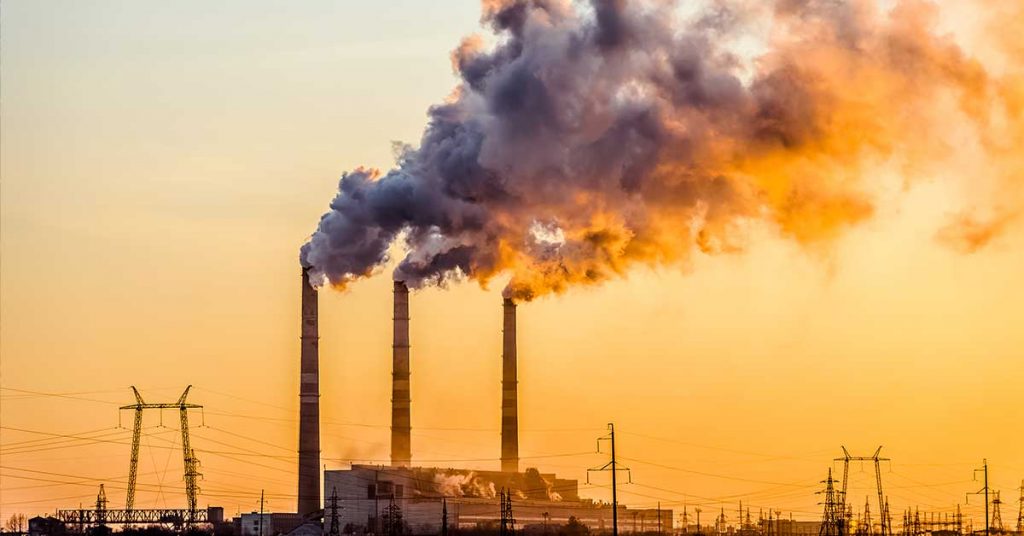The era of global warming is over, but this is not good news, because according to UN Secretary-General António Guterres, we have entered the era of global boiling. He said this after the hottest three weeks on record and this July is likely to be the hottest ever.
“Climate change is here. It’s scary. And it’s just the beginning. It is still possible to limit the global temperature rise to 1.5 degrees Celsius and avoid the worst of climate change. But only with dramatic, immediate climate action,” said Guterres.
July has already seen:
— António Guterres (@antonioguterres) July 27, 2023
The hottest three-week period ever recorded.
The three hottest days on record.
The highest-ever ocean temperatures for this time of year.
It is still possible to avoid the very worst of climate change, but only with dramatic, immediate #ClimateAction.
According to the World Meteorological Organization (WMO) and the Copernicus Earth Observation Programme, global temperatures have broken records this month due to the burning of fossil fuels and extreme weather.
WMO Secretary General Petteri Taalas said. “Climate action is not a luxury, it is a must.”
Other climate scientists confirmed the findings. According to Karsten Haustein, a researcher at the University of Leipzig, in July 2023 the world would be 1.5 degrees warmer than the average July before industrialisation.
Temperatures this month have been so extreme that even before the end of July, researchers are already predicting that this year’s record will be broken. Haustein’s model predicts that it will be 0.2 degrees Celsius above the highest ever average temperature in 2019, but other researchers think the difference could be even greater.
In recent weeks, heatwaves have hit southern Europe, North America and China, with wildfires in Greece and the Canary Islands. Spain, Italy and Greece have all recorded temperatures above 40 degrees Celsius, but the hottest parts of the continent have been Sicily and Sardinia, where temperatures have reached 45 degrees Celsius in places, with a new European July high of 48.2 degrees recorded recently.




